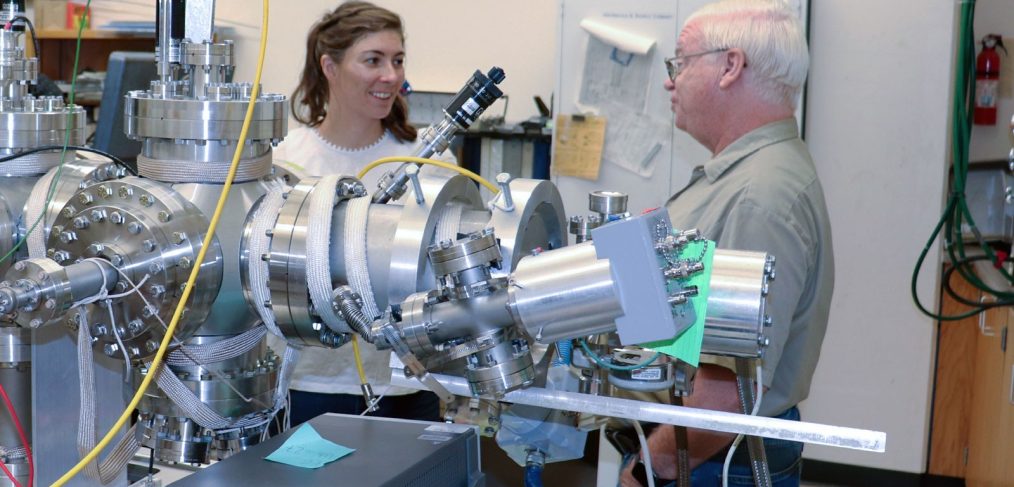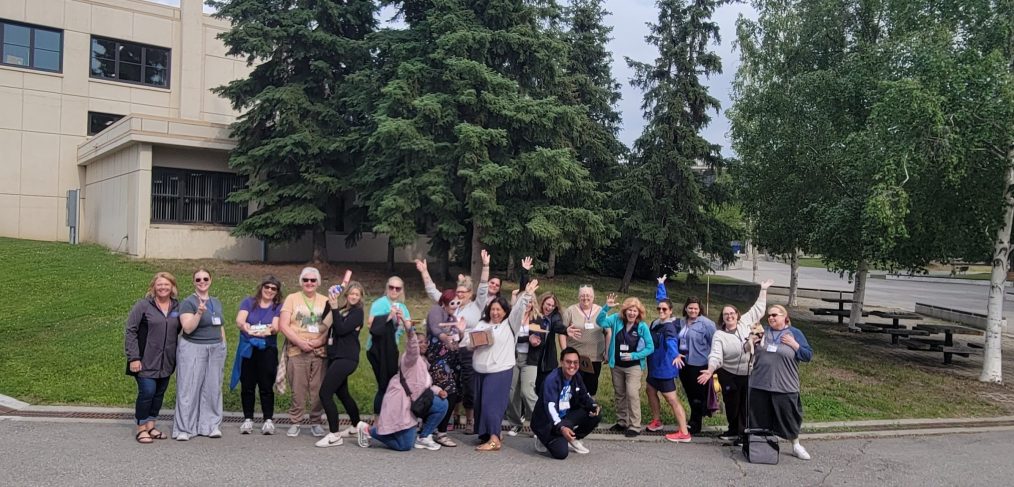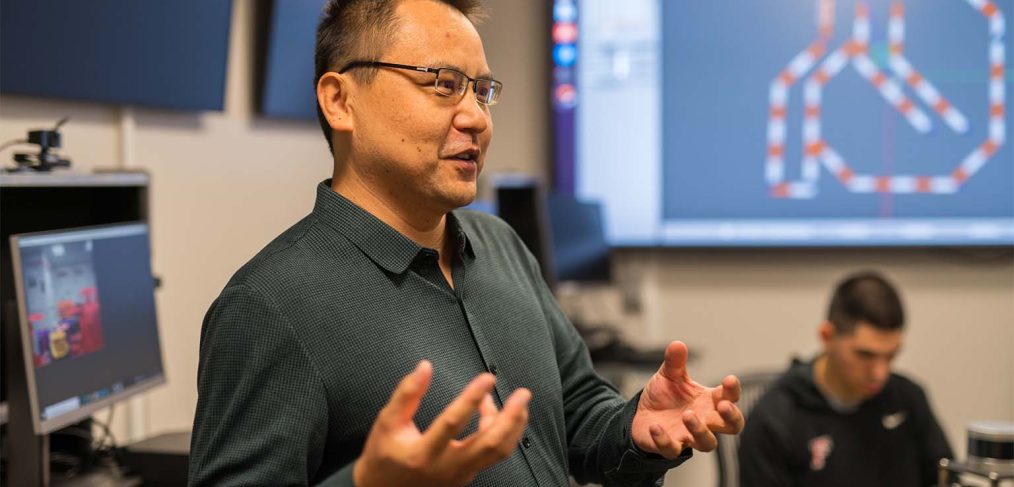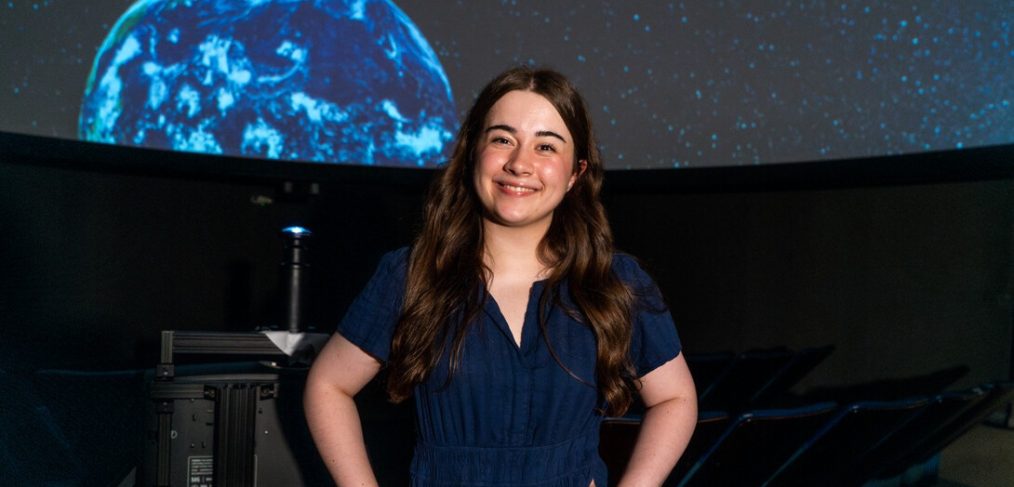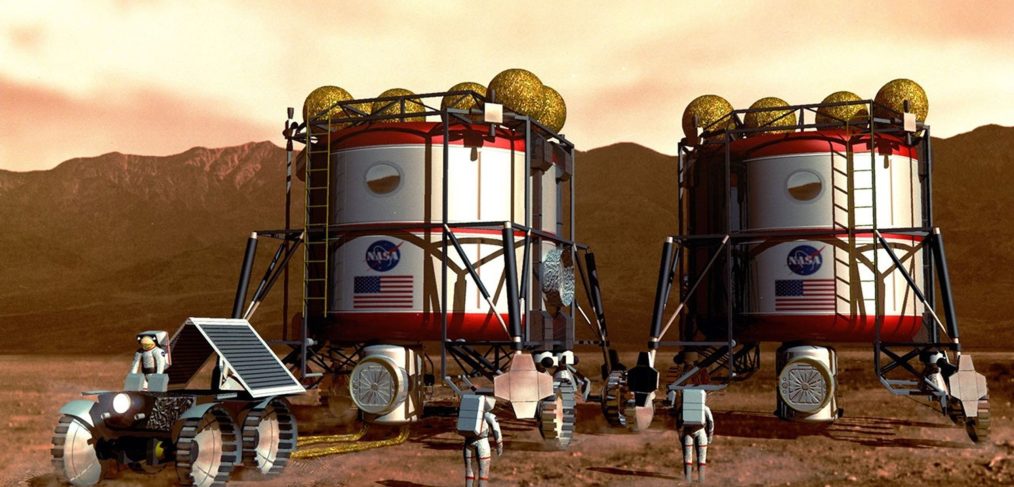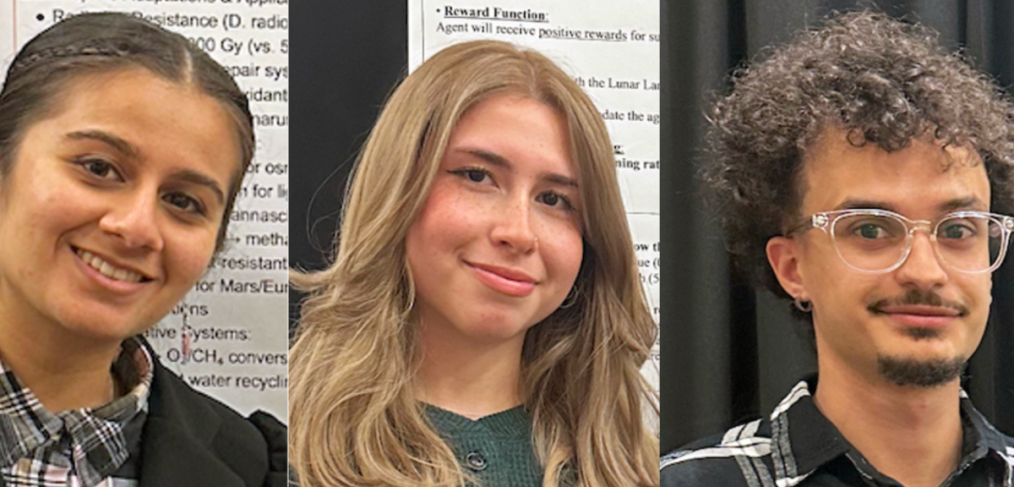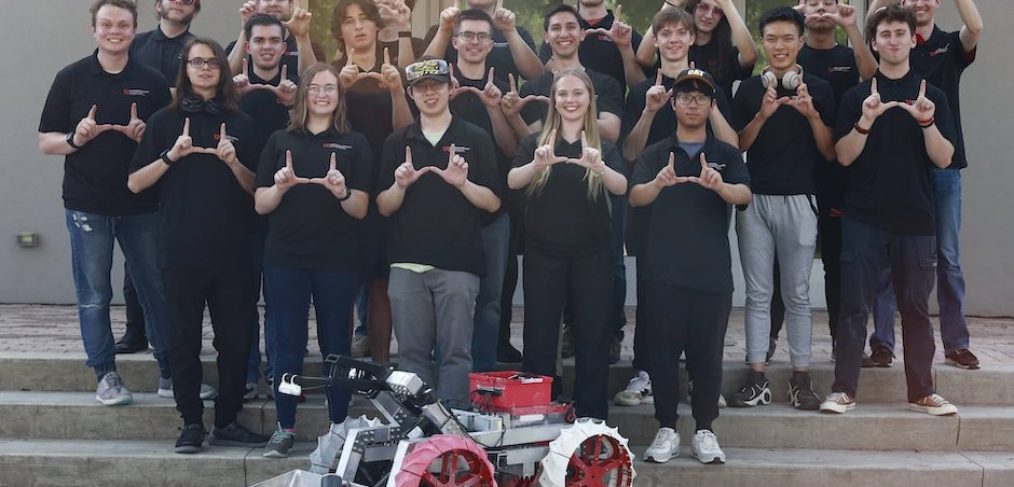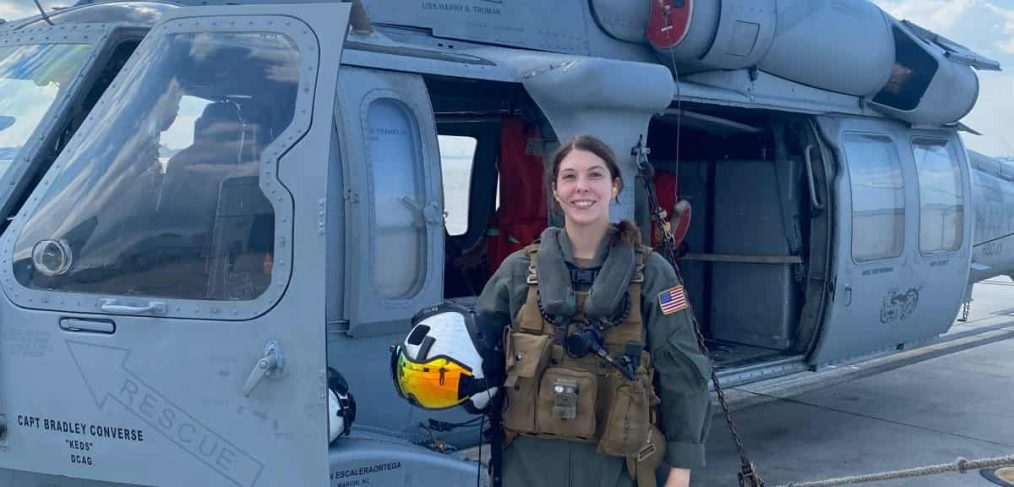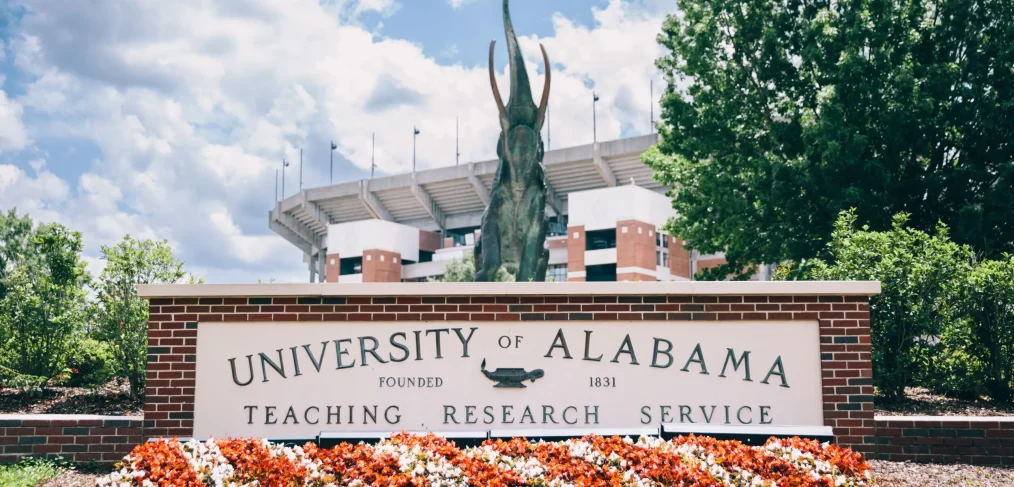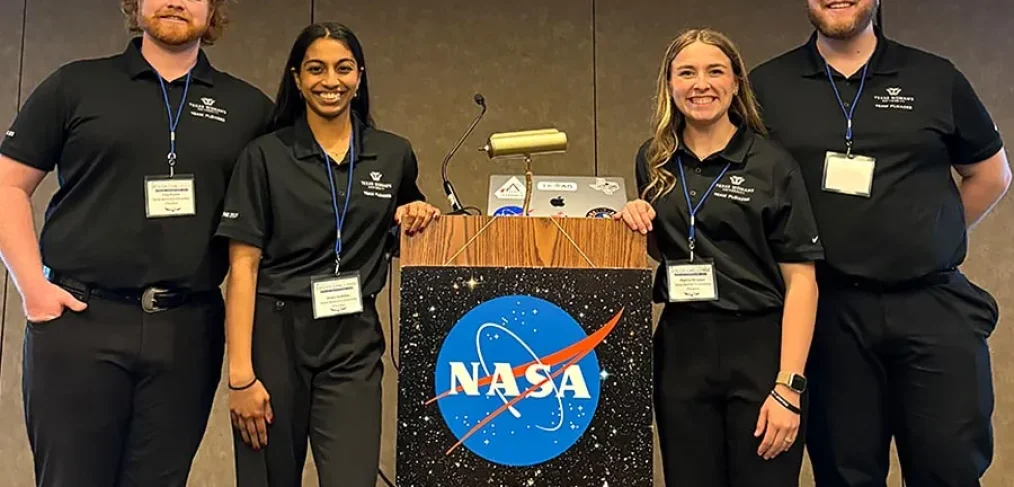NASA and the National Space Grant Foundation selected twelve university teams to support space habitats and deep space exploration missions. The selections are part of the Moon to Mars eXploration Systems and Habitation (M2M X-Hab) Academic Innovation Challenge sponsored by NASA’s Mars Campaign Office.
The M2M X-Hab Academic Innovation Challenge is an opportunity for NASA to build strategic partnerships with universities and tap into the ingenuity of the future workforce. The challenge provides STEM (Science, Technology, Engineering and Mathematics) students interested in aerospace careers with hands-on development and research experience, while strengthening NASA capability for missions to the Moon, Mars, and beyond. Past student participants have gone on to careers in the aerospace industry, including at NASA.
Universities in support of the M2M X-Hab Academic Innovation Challenge will advance science and technology innovations for space habitats and deep space exploration missions with the following projects:
LiDAR-Powered Autonomous Charging Service Capability for Surface Rovers and Systems
Georgia Southern University – Department of Mechanical Engineering
This work will develop a LiDAR-powered autonomous charging system for surface rovers. The system will utilize 3D LiDAR sensing to enable precise, autonomous alignment of a robotic charging arm with a rover’s inductive charging receiver. An autonomous charging system involving a stationary 3D LiDAR sensor, induction-based chargers, and wireless communications will locate and position the wireless charging emitter accurately.
Power Rover 2.0
North Dakota State University – Mechanical Engineering
Regeneration in a Martian Environment
University of Arkansas – Department of Chemical Engineering
This project will be the design and development of a carbon dioxide removal system from a habitat environment. It will focus on the development of an atmospheric reject vacuum / compression system capable of overcoming the Martian atmosphere characteristics that challenge overboard dumping from either the current Carbon Dioxide Removal Assembly or Carbon Dioxide & Moisture Removal Amine Swing-bed
Cryogenic Boil Off Recapture and Reuse for Spacecraft
University of Michigan – Department of Aerospace Engineering
The project aims to address the loss of cryogenic fluids to the surrounding environment by the release of boil-off. Our system will capture and recondense escaped gas in a manner which maintains safe storage tank operating pressures.
Medical Eyewash Redesign
Michigan Technological University – Mechanical & Aerospace Engineering
The design challenge and project scope is to deliver a functional medical eyewash prototype that meets the requirements of reducing mass/volume of the current technology, minimize consumables, prevent cross-contamination, and function in a low-gravity environment.
Spaceflight Medical Eyewash Redesign
Purdue University – School of Aeronautics and Astronautics
This project focus on modifying commercial off-the-shelf eyewash goggles for adaptation to the zero-g environment.
Medical Eyewash Redesign for Microgravity Applications
University of North Texas – Department of Mechanical Engineering
Student teams will completely redesign the current medical eyewash hardware utilized on the International Space Station. The existing system is over a decade old and presents several limitations that hinder operational efficiency and pose challenges for future long-duration exploration missions.
Design and Development of a Lightweight Spacesuit Portable Life Support System
University of Maryland – Department of Aerospace Engineering
The University of Maryland Space Systems Laboratory will develop, model, and test innovative concepts for portable life support system configurations to support extravehicular activities on the Moon, Mars, and in microgravity.
Tunnel-Ready Elements for Active Delivery (TREAD)
Baldwin Wallace University – Engineering
The TREAD project will explore soft pneumatic and tensairity-based approaches for temporary and deployable structures that provide a means for human travel between adjacent lunar or Martian habitations.
Lightweight Active Surface Tunnel Elements for Pressurized Transfer
South Dakota State University – Mechanical Engineering Department
The goal of this project is to design and prototype a lightweight, active tunnel system capable of connecting pressurized lunar or Martian surface elements. The tunnel will support crew transfer without requiring EVA, thereby reducing exposure to dust and radiation. The student team will explore innovative mechanical solutions for articulation and sealing, with a strong emphasis on minimizing mass and ensuring scalability for a variety of mission scenarios.
Actuated Inflatable Tunnels for Pressurized Transfer
University of Maryland – Department of Aerospace Engineering
The University of Maryland Space Systems Laboratory will develop, model, and test innovative concepts for shirtsleeve crew mobility between planetary surface habitats under lunar and Mars gravity conditions.
Lightweight Active Surface Tunnel Elements for Pressurized Transfer
University of Michigan – Department of Aerospace Engineering
The project aims to develop concepts for a lightweight pressurized tunnel system that can provide active positioning and berthing between crewed surface elements. The final deliverables of this project include high-fidelity CAD renderings of the proposed design, system prototypes for system validation and testing, and a final written report of the overall design process.
Image Credit: These images produced for NASA by John Frassanito and Associates. Technical concepts from NASA’s Planetary Projects Office, Johnson Space Center (JSC).
